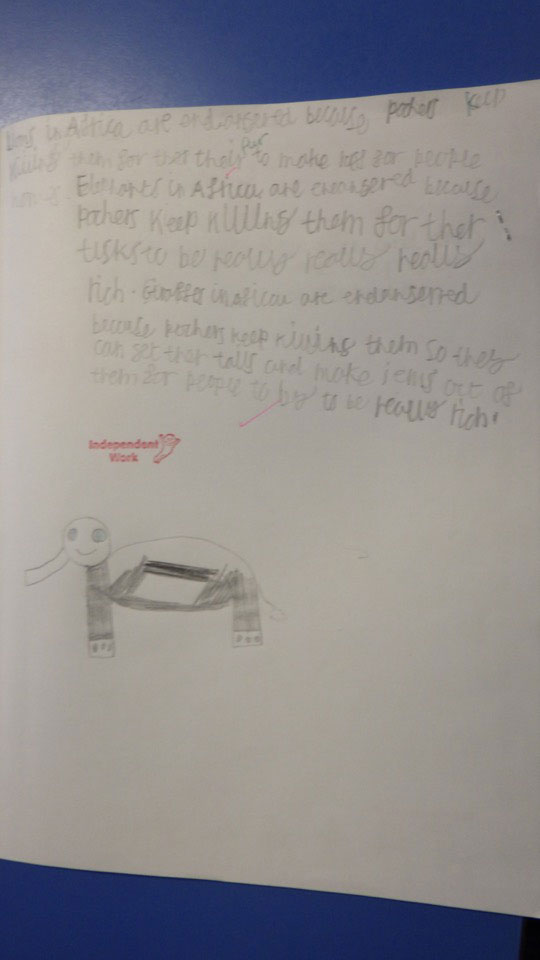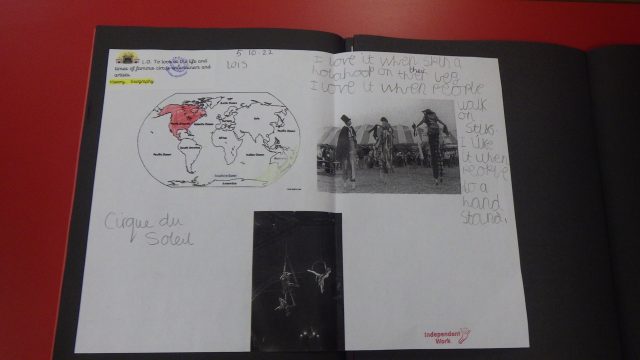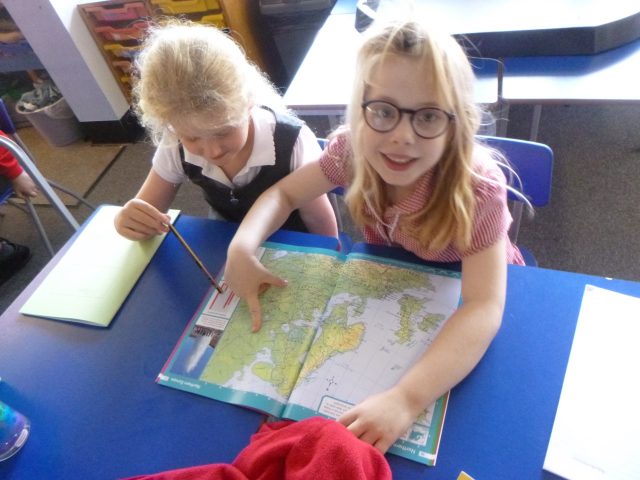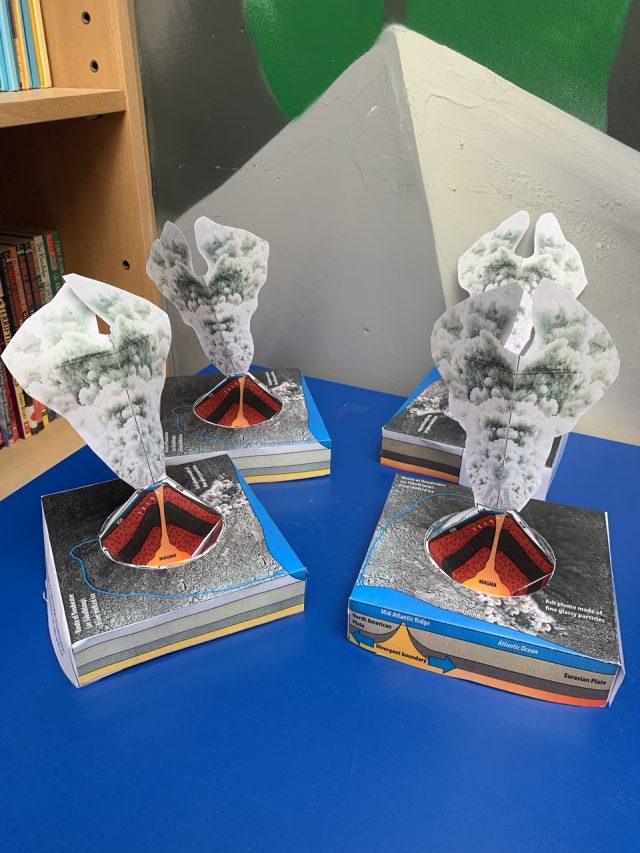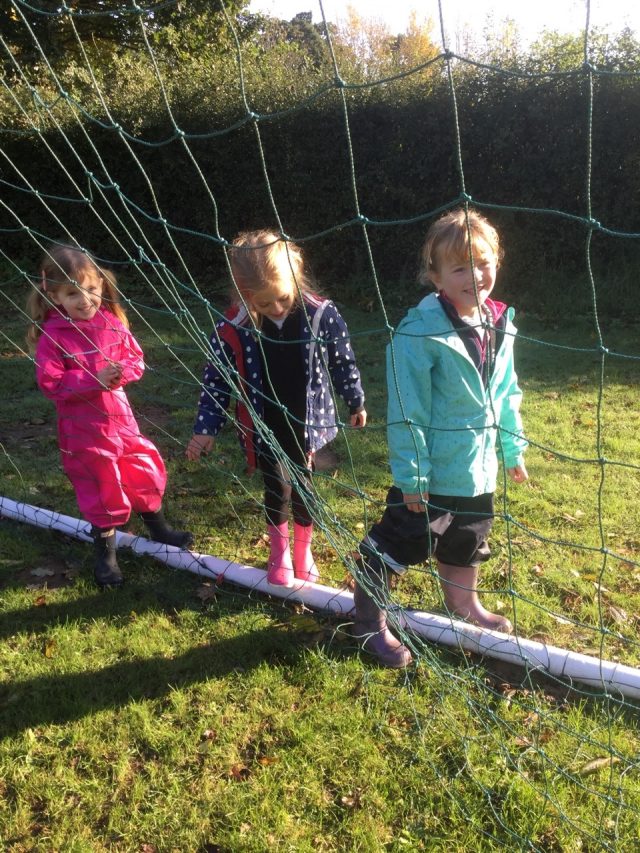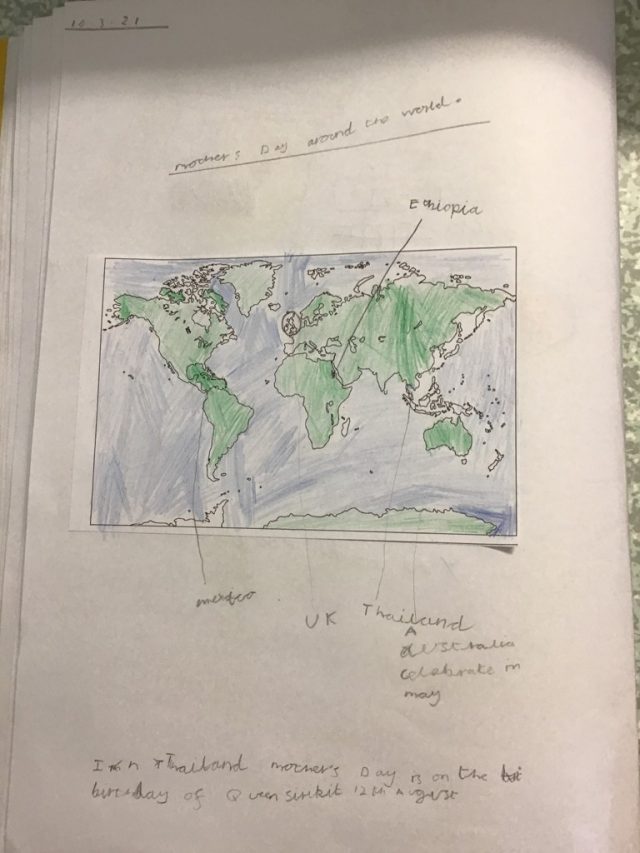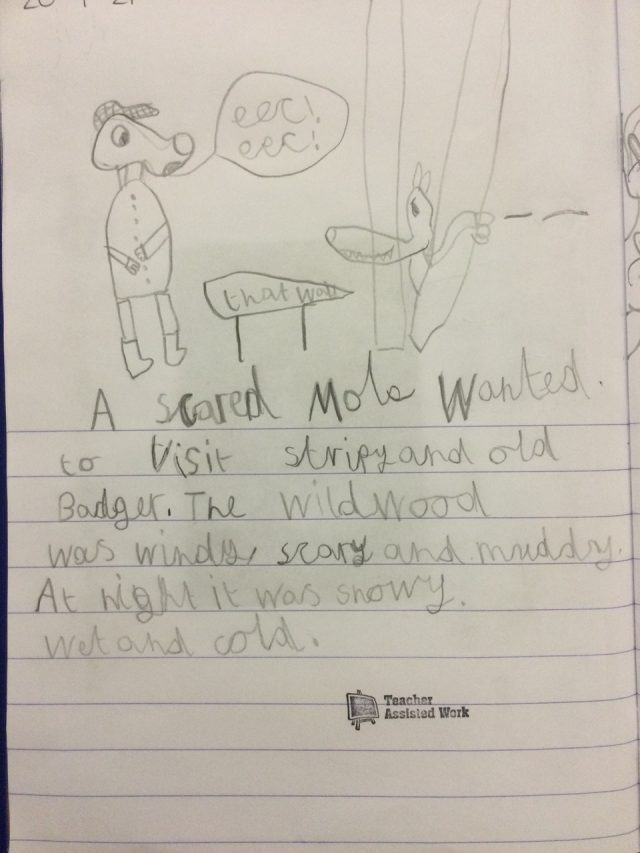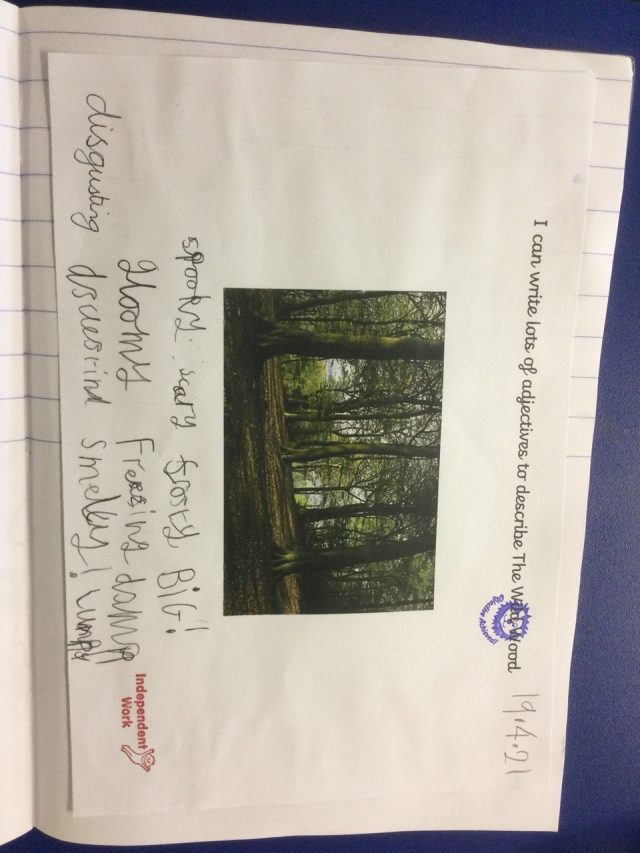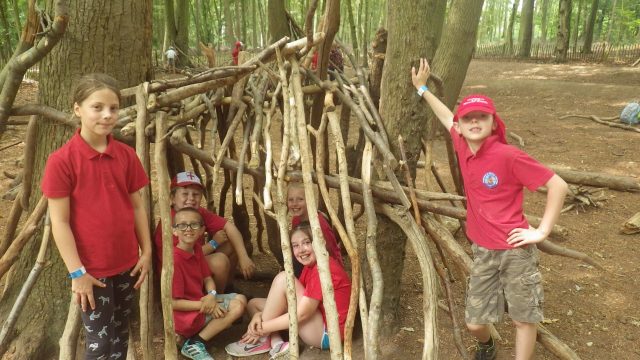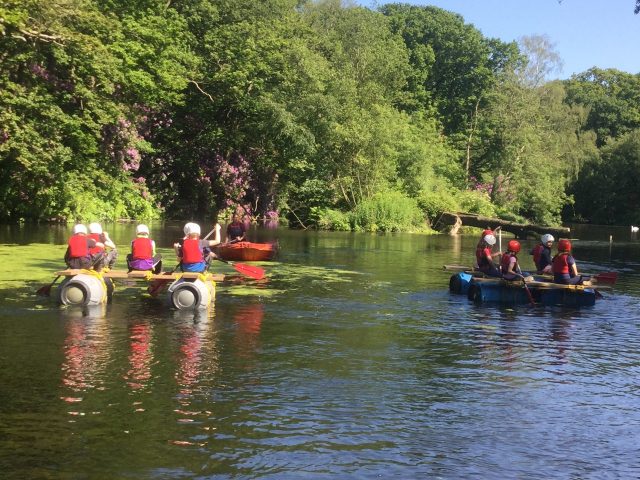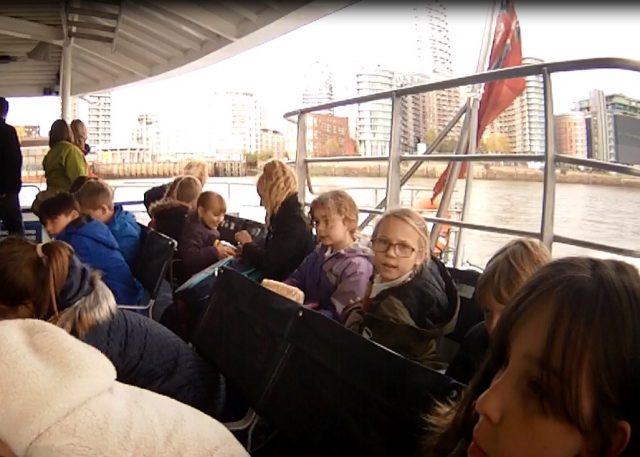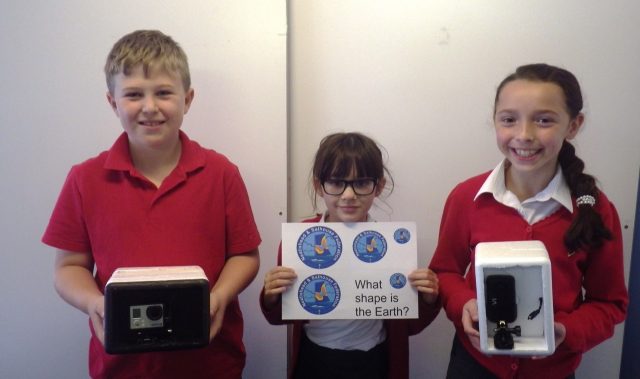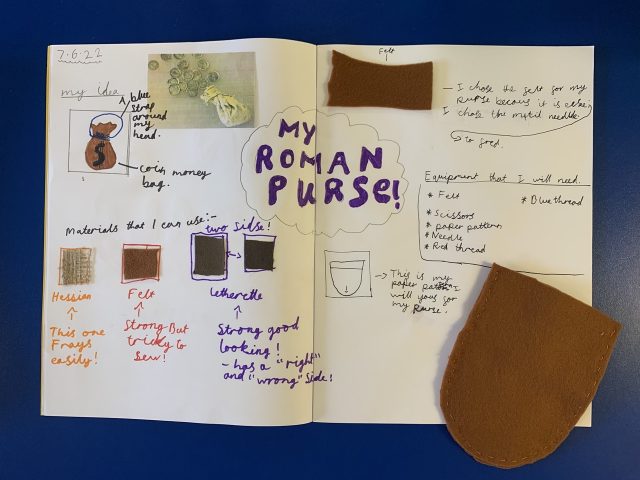POP22 – Protect our planet day 2022
We aim to inspire in pupils a curiosity and fascination about the world and its people that will remain with them for the rest of their lives. Teaching will equip pupils with knowledge about places, people, resources and natural and human environments, together with a deep understanding of the Earth’s key physical and human processes. As pupils progress, their growing knowledge about the world should help them to deepen their understanding of the interaction between physical and human processes, and of the formation and use of landscapes and environments. Teaching geographical knowledge, understanding and skills will enable pupils to explain how the Earth’s features at different scales are shaped, interconnected and change over time. Pupils will learn about the impact that ‘they’ as an individual and ‘we’ as humanity have on the Earth and will be able to discuss and debate relevant current issues such as global warming and plastic pollution. There is a clear plan for progression.
Pupils will leave KS1 having developed knowledge about the world, the United Kingdom and their own locality. They will understand basic subject-specific vocabulary relating to human and physical geography and begin to use geographical skills, including first-hand observation, to enhance their locational awareness.
Pupils will leave KS2 having extended their knowledge and understanding beyond their local area to include the United Kingdom and Europe, North and South America. This will include the location and characteristics of a range of the world’s most significant human and physical features. They will have developed their use of geographical tools and skills to enhance their locational and place knowledge, and be able to discuss environmental issues and their probable causes.
Children will be supported to close any gaps in their learning. Where children show high ability, talent and interest, they will be further challenged. Every effort will be made to identify and lift barriers to learning. The subject will be presented as one to enjoy.
The teaching and implementation of the Geography Curriculum is based on the National Curriculum ensuring a well-structured approach to this subject. The skills and knowledge that children will develop are mapped across each year group/key stage and throughout the school to ensure progression.
Geography is taught through cross curricular themes taught on a rolling cycle so every child visits each theme at least once. This also allows teachers to work together across year groups to support planning, resources and trips. It also supports the teaching of mixed age classes. Teaching Geography within a cross curricular theme means learning is delivered within a relevant context and builds on prior learning helping children make links and make progress. Teachers model the use of subject-specific vocabulary to enrich pupils’ language acquisition. The school ensures it is well resourced and uses the school environment and the wider community creatively to support learning. Children’s individual heritage and experiences are a valued resource. The school is located close to the coast and the Norfolk Broads as well as the urban areas of Norwich and Great Yarmouth, all of which are rich resources.
The school celebrates children’s achievements in geography in celebration assemblies, displays and on the website and in newsletters demonstrating the subject’s valued status in the school. Outcomes in exercise books, evidence a broad and balanced geography curriculum and demonstrate children’s acquisition of identified key knowledge. As children progress throughout the school, they develop a deep knowledge, understanding and appreciation of their local area and its place within the wider geographical context.
A range of formative assessment strategies are used to inform and address any trends or gaps in progress and attainment. Children are encouraged to self and peer assess. Summative assessments take place termly and teachers record the progress and attainment against National Curriculum expectations of attainment. Teachers use this information to inform future lessons; ensuring children are supported and challenged appropriately.
Further information is gathered through pupil feedback; highlighting strengths and achievement and any improvements, knowledge and skills that still need to be embedded.
Children in Foundation Stage are assessed within Understanding the World and their progress is tracked in their individual learning journeys. Age related expectation levels are reported to parents at the end of the reception year.
The desired impact of our geography curriculum is that it helps children to recognise how changes to places and the environment happen and affect us, both as a result of natural processes and through human activity.
Children’s growing understanding will prepare them to play an active role as informed, responsible citizens.



